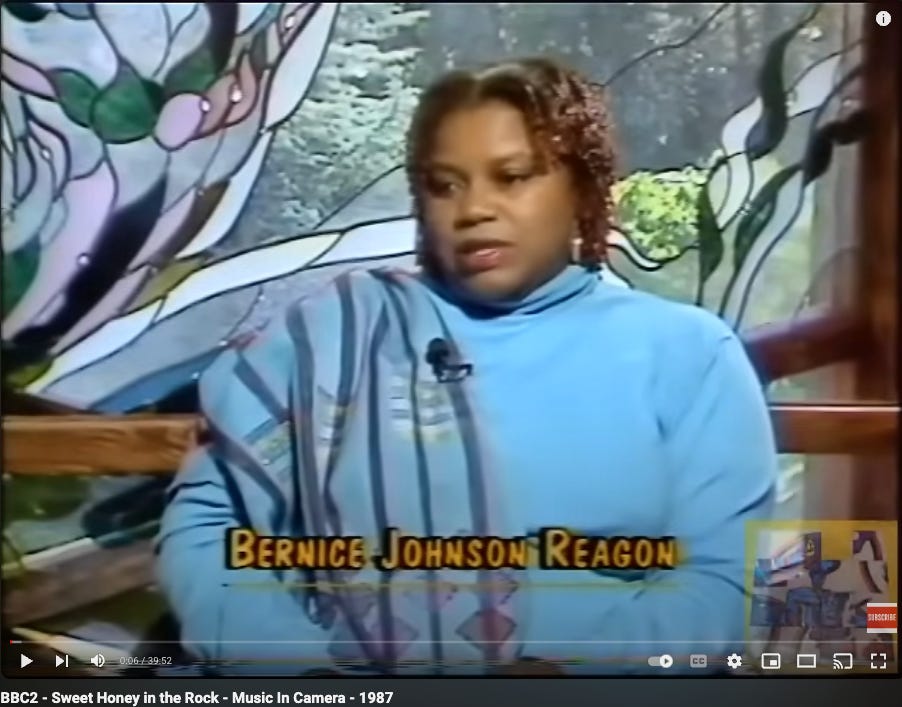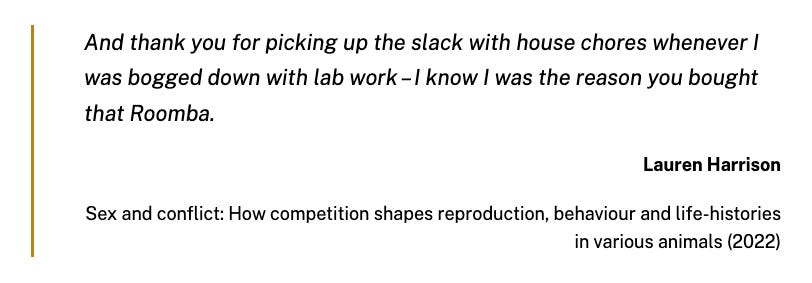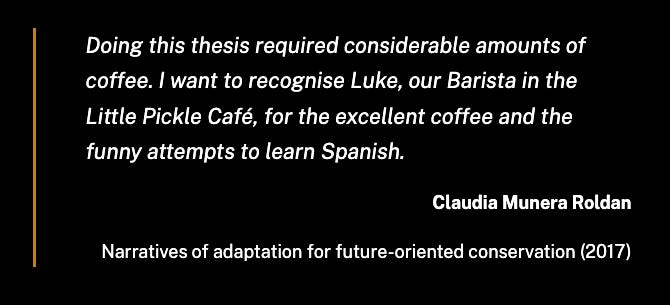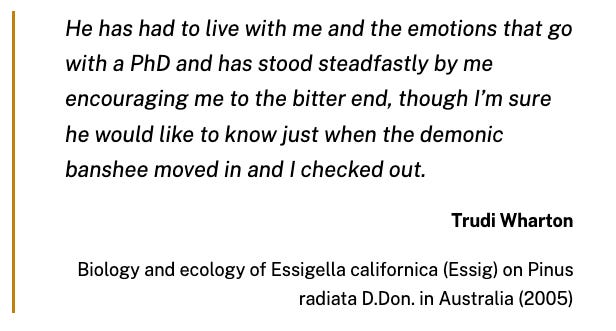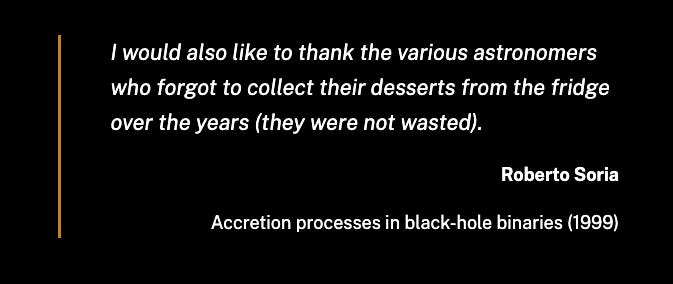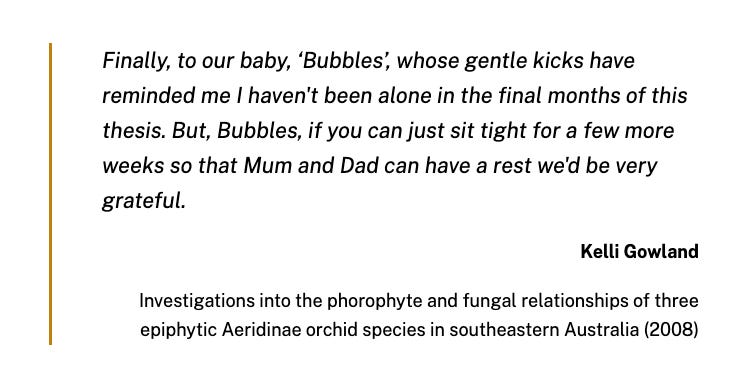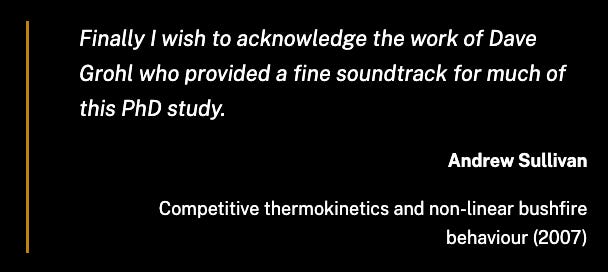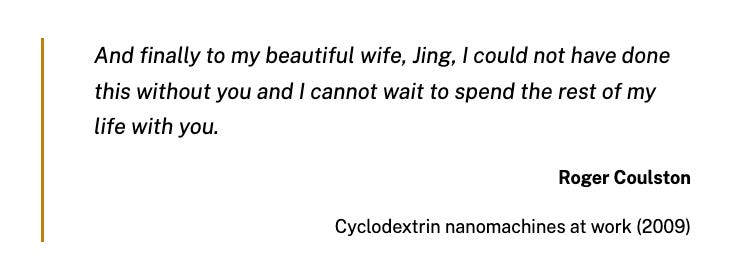Bernice Johnson Reagon (1942-2024)
I became aware of Bernice Johnson Reagon in the 1970s, after she had founded Sweet Honey ‘N The Rock, her acapella group of five Black women in 1973, but her story goes back to the Student Nonviolent Coordinating Committee in the 1960s and arced through the civil rights movement, the peace movement, the anti-apartheid movement, the women’s movement, and all the way until her death this past Tuesday. In this early video you can see, hear, and feel the emotional power of her voice.
Johnson was an organizer, activist, historian, musician, musicologist, writer, performer, curator, and producer. (I probably left something out.) She had 14 honorary doctorates (in addition to her own PhD) and was awarded the MacArthur Genius Grant, among other awards.
The repertoire of Sweet Honey ‘N The Rock was rooted in African American culture and included African songs, blues, gospel, spirituals, rock, folk, protest songs, and jazz. Not only were the women of Sweet Honey ‘N The Rock extraordinary singers in their own right, but they wove their harmonies together with perfect synchronicity. Every measure was clean and crisp. Listen to them sing at a concert in 1987.
Bernice Johnson Reagon was extraordinary. May her memory be a blessing.
How new scientists say “Thank you”
Doctoral dissertations require years of fieldwork and lab work, long days and nights, weekends, writing, rewriting, checking results — basically, putting your life on pause while you try to answer a question that most of us can’t even spell. Dissertation titles sometimes contain words that don’t go together in regular English: “Quantum information processing in rare Earth ion doped insulators.” That’s an actual dissertation title. I understand each word separately, but together they make no sense. Or: “Oxidative behaviour of O-methyltyrosine and p-methoxyphenylglycine derivatives.” Say that five times fast.
I couldn’t do the work required for a Ph.D. I thought I could, but with a family and a (more than) full-time job, I was not being realistic. I settled for a non-thesis master’s degree.
Tabitha Carvan, a science writer at Australian National University, became entranced with the acknowledgements that doctoral candidates placed in their dissertations. “For a reason I can no longer remember,” she wrote, “I started picking science theses at random from the Australian National University library catalogue and reading only the acknowledgements.” She read hundreds and hundreds of acknowledgments and discovered “a kind of poetry in the science.”
You can scroll through an interactive display of her findings. They are wonderful. Behind them you can sense the torrent of emotions and the exhaustion that the candidates lived with for three or four years, and the deep respect and gratitude for their advisors, friends, and families.
Here are some examples:
How tightly we are bound to Nature
On March 28, 2024, the Biden Administration reversed the Trump Administration’s revisions to the Endangered Species Act, which authorizes the federal government to protect animals and plants from human-induced extinction. Trump’s changes “gave consideration to the economic costs on industries such as mining and timber of decisions to designate a species as threatened or endangered. The reversal will mean ‘listing decisions and critical habitat designations are based on the best available science,’ the U.S. Fish and Wildlife Service said.”
Saving Nature from us is a value in itself, a moral obligation, even if such an action doesn’t benefit our species directly. But sometimes such an action does have a direct life-and-death impact: A new study has concluded that the near-extinction of the Indian vulture caused the deaths of half a million people.

Writing in Science Adviser, Vivian La points out that Indian vultures “serve an important role in protecting human life.”
Vultures are a keystone species in India, essential to the functioning of many of the country’s ecosystems. The birds of prey don’t just clean up disease-ridden carcasses; by removing food, they reduce the populations of other scavengers, such as feral dogs that can transmit rabies. What’s more, without vultures, farmers dispose [of] their dead livestock in waterways, further spreading disease.
And that’s exactly what happened. In 1994, farmers began giving a drug called diclofenac to cattle and other livestock for pain, inflammation, and other conditions. But it was poisonous to the vultures that fed on these animals, destroying their kidneys. In just a decade, Indian vulture populations fell dramatically, from 50 million individuals to just a couple thousand.
***
The near-extinction of the birds across India in the 1990s led to the spread of disease-carrying pathogens from an excess of dead animals, killing more than a half-million people from 2000 to 2005.
The vultures are not expected to recover.
WTF?!
I was dumbfounded about two weeks ago when I read that Sean O’Brien, president of the International Brotherhood of Teamsters — the guy who led the Teamsters through a brilliant grassroots “stand-up” strike movement to a stunning union victory against UPS last year — was going to speak at the Republican National Convention. I thought I heard wrong.
My regular UPS driver delivered a package this past Monday. He’s been driving for UPS for almost 30 years, is all-in for the union, and has had nothing but praise for his union president. He was stunned — visibly — when I asked him why O’Brien was going to speak at the RNC. He hadn’t heard the news.
As of Friday, the only mention of O’Brien’s speech on the Teamsters for a Democratic Union website was an article posted on July 10, which said in part:
Teamsters President Sean O’Brien has asked to speak at both the Democratic and Republican conventions to call for bipartisan support for workers' issues.
His upcoming appearance at the Republican National Convention has clearly rattled anti-labor forces who fought the legislation that saved Teamster pensions and stacked the National Labor Relations Board with corporate union-busting attorneys.
Well, count me as rattled, and I’m so not anti-labor.
Look, I understand that O’Brien was elected on a platform of rank-and-file democracy. The union has convened town halls in its 300 locals to gauge the opinions of the membership regarding endorsing a presidential candidate. That’s a good thing. I hope a lot of radical political education is taking place in those discussions, because the outcome can’t be the Teamsters endorsing a racist, misogynistic, anti-union, homophobic, anti-immigrant, antisemitic, transphobic, Islamophobic, fascistic, lying criminal. That’s what leadership means. (I wonder whether O’Brien asked the membership whether he should speak at Trump’s coronation.)
O’Brien’s speech was, in places, anti-corporate and a fiery defense of working people. But giving that speech at the RNC was like squirting a toy water gun at an onrushing, out-of-control MAGA wildfire.
On Tuesday morning, after his RNC speech, O’Brien tweeted “@HawleyMO is 100% on point.” He was referring to an article by Republican Sen. Josh Hawley of Missouri in Compact Magazine. Here’s one of the gems from that article:
The C-suite long ago sold out the United States, shuttering factories in the homeland and gutting American jobs, while using the profits to push diversity, equity, and inclusion and the religion of the trans flag.
That endorsement drew an immediate response on the Teamsters’ social media account, which was quickly deleted:
Unions gain nothing from endorsing the racist, misogynistic, and anti-trans politics of the far right, no matter how much people like Sen. Hawley attempt to tether such bigotry to a cynical pro-labor message. The message this sends to Teamsters of color, Teamster women, and LGBTQ Teamsters is that they are not welcome in the union unless they surrender their identity to a new kind of anti-woke unionism. You don’t unite a diverse working class by scoffing at its diversity.
Alexandra Bradbury, editor of Labor Notes, had another concern:
The most ominous theme in O’Brien’s speech was nationalism. He hammered on the phrase “American workers” and said Amazon’s worst crime is a lack of allegiance to the United States — aligning nicely with right-wing “America First” talking points. Yet his audience was the same party that opposes warehouse safety bills, opposes bills to make it easier to organize a union, and opposes the joint-employer rules that would hold Amazon accountable.
All this has generated friction within the union. James Curbeam, the chairman of the union’s National Black Caucus, castigated O’Brien’s meeting with Trump in January at Mar-a-Lago. When O’Brien brought Trump to a Teamsters executive board meeting the same month, John Palmer, a board member and vice president at-large, refused to attend.
O’Brien’s team is framing this opposition as anti-democratic. According to spokeswoman Kara Deniz, “The Teamsters have never been afraid of democracy, but self-interested ideologues — on the left and the right, within and outside the union — are terrified of democracy.” The union’s general counsel, David O’Brien Suetholz, sent Palmer an intimidating letter questioning Palmer’s authorization to speak on behalf of the union and demanding “every document you shared with the media.”
Courting the political elite is not a measure of union democracy. Dismissing members as self-interested ideologues and their concerns as anti-democratic, borders on authoritarianism.
P.S. As we post this newsletter, we read that John Palmer sent a letter to the Teamsters membership announcing that he will challenge O’Brien for the presidency at the 2026 union convention.
Israel, Gaza, the West Bank
Some readings that provide context for Israel’s war against Palestinians.
“Israel's parliament passes bill rejecting Palestinian statehood,” Middle East Eye, July 18, 2004.
“I Can’t Erase All the Blood from My Mind: Palestinian Armed Groups’ October 7 Assault on Israel,” Human Rights Watch, July 17, 2024.
“‘I’m bored, so I shoot’: The Israeli army’s approval of free-for-all violence in Gaza,” +972 Magazine, July 8, 2024.
“What’s the meaning of solidarity?” Jewish Voice for Peace, July 10, 2024.
Jeremy Scahill (formerly of The Intercept and now at Drop Site) interviewed leaders of Hamas and Palestinian Islamic Jihad. The interviews are one of the very few opportunities for Americans to listen directly to what these organizations say, rather than being filtered through the mainstream media.
“On the Record with Hamas,” Drop Site, July 9, 2024.
“‘The Resistance Will Continue,’ Hamas Pledges Amid Gaza Ceasefire Talks,” Drop Site, July 12, 2024.
“Palestinian Islamic Jihad: ‘Oslo Is Over,’” Drop Site, July 16, 2024.


